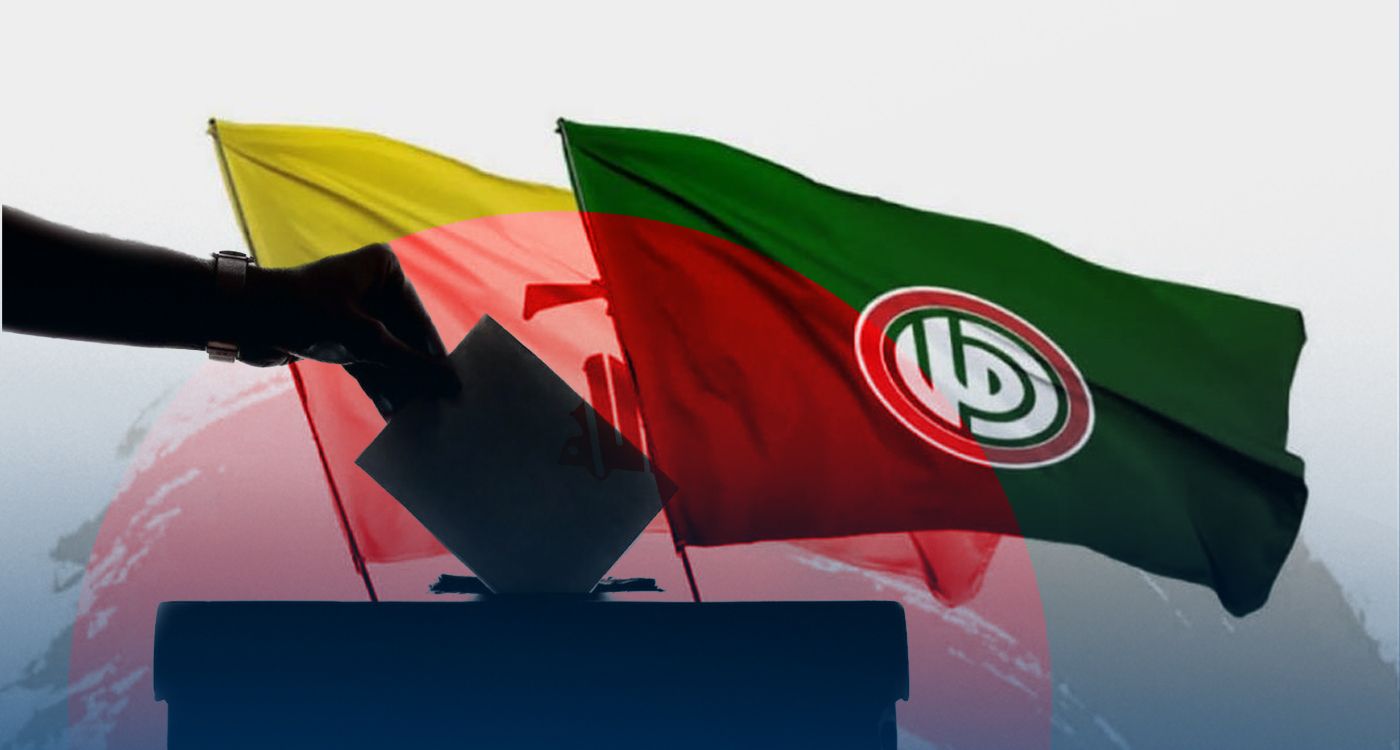
The process of forming the first government under the new presidential term remains focused on defining the qualifications and criteria for appointing ministers. While it is acknowledged that ministers cannot be entirely detached from political considerations—even if they are not directly affiliated with parties—the challenge lies in balancing this political dimension with the standards of competence, professional expertise, integrity, and a firm commitment to prioritizing national interests over sectarian and partisan agendas.
Sources familiar with the cabinet formation process suggest that the Amal-Hezbollah duo is backing this approach, having prepared a list of candidates for several ministries expected to be assigned to them, with the Ministry of Finance as a top priority. Discussions are reportedly focused on three potential nominees: Salah Osseiran, Yassine Jaber, and Wassim Mansouri. Meanwhile, other political parties have been reaching out to assess the willingness of various figures to assume ministerial positions. For instance, the Lebanese Forces (LF) have reportedly contacted several potential candidates, including lawyers, to gauge their readiness to take on the Ministry of Justice—a portfolio the LF is eager to reclaim.
Furthermore, sources close to the matter have pointed to increasing competition among political parties over several key ministries, including the Ministry of Foreign Affairs, which both president Joseph Aoun and designated Prime Minister, Nawaf Salam are keen to secure. The LF have also expressed a strong interest in having one of their own take on this portfolio. Meanwhile, significant attention is being given to the Ministry of Energy, with reports suggesting that international stakeholders have advised President Aoun and Prime Minister Salam against assigning this portfolio to the Free Patriotic Movement (FPM) or the Ministry of Public Works to Hezbollah.
Information regarding the cabinet formation suggests that if the Ministry of Finance remains under the control of the Shia community, specifically the Amal Movement, the so-called sovereign ministries will remain with the religious communities currently overseeing them. These include the Ministry of Foreign Affairs, held by a Maronite, the Ministry of Interior, held by a Sunni, and the Ministry of Defense, held by an Orthodox Christian. A shift in this distribution would only occur if the Christian factions agree to a reshuffling, allowing ministerial portfolios to be redistributed among the religious communities, including these two ministries and others.
The outlook on government formation is expected to become clearer by the beginning of the week. In fact, the new cabinet must be established without delay given the significant local, regional, and international expectations. Lebanon also faces critical challenges, and observers hope that the new government will be in place before the 60-day period stipulated by the ceasefire expires on January 27. This would ensure Lebanon has a stable government capable of addressing any emerging developments, particularly if Israel delays its full withdrawal from the occupied Lebanese territories as planned.




Comments